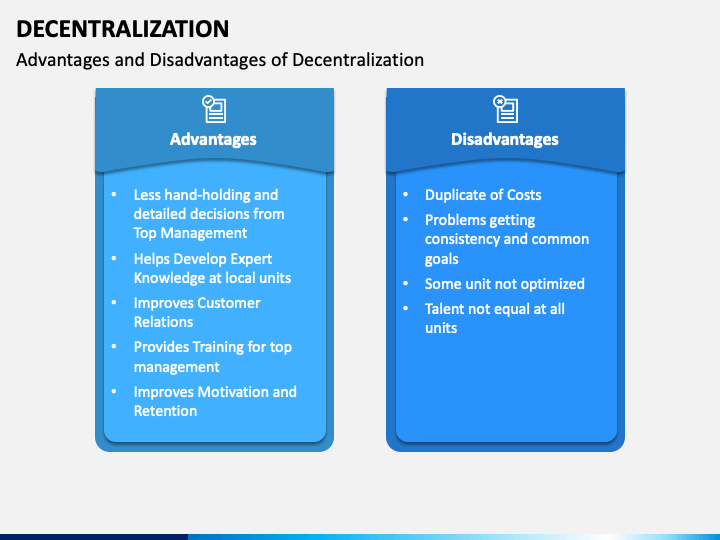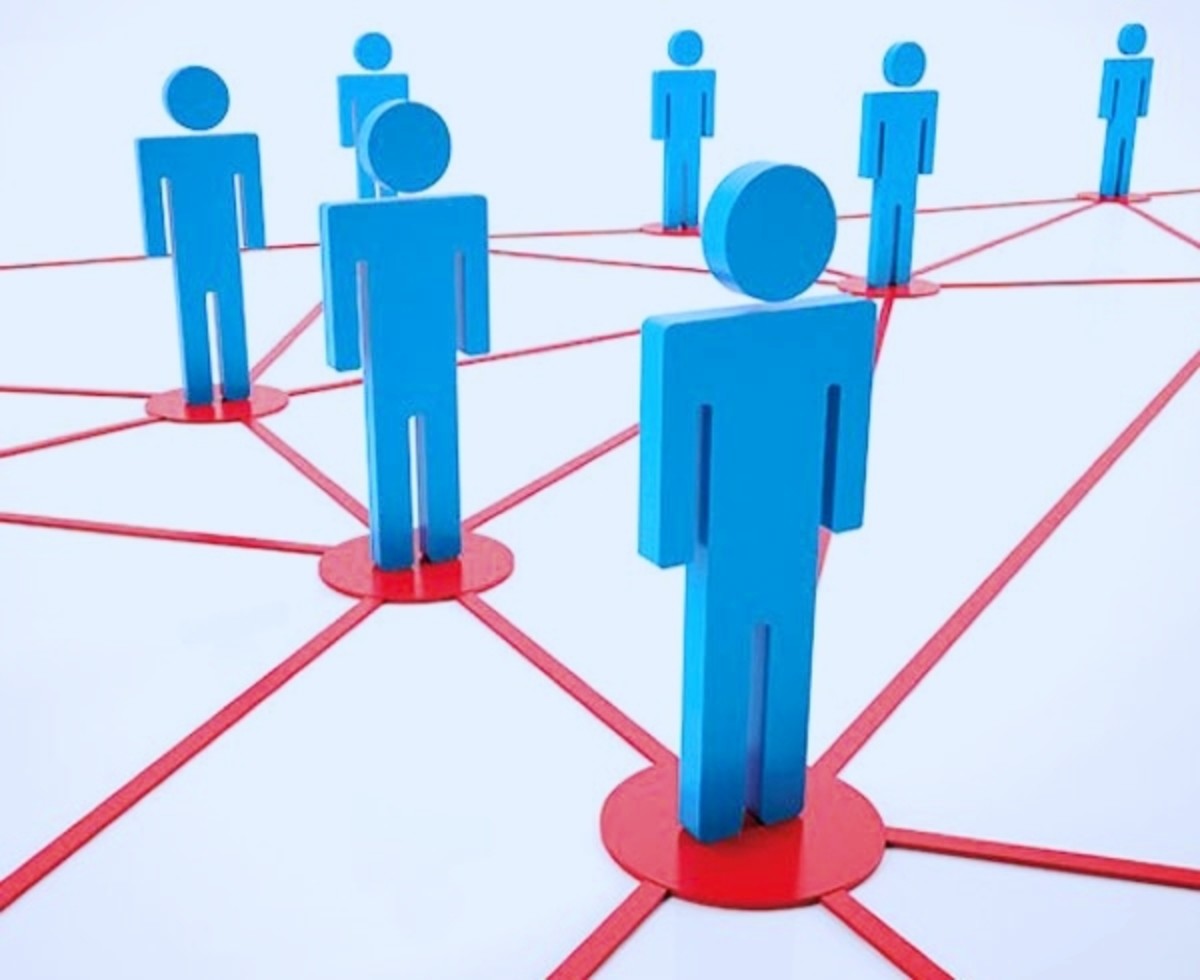Decentralization refers to the distribution of authority and power within an organization, government, or system. It can involve the transfer of power from a central authority to regional or local governments, the devolution of authority to individual units within an organization, or the distribution of decision-making power among different stakeholders. Decentralization has been implemented in various contexts, including political systems, economic systems, and organizational structures. In this essay, we will explore the merits and demerits of decentralization.
One major merit of decentralization is that it allows for greater participation and empowerment of local communities. When power is decentralized to regional or local governments, these governments are more responsive to the needs and concerns of their constituents. This can lead to better decision-making and more tailored solutions to local problems. Decentralization can also foster a sense of ownership and responsibility among local communities, as they have a greater stake in the decisions that affect them.
Another advantage of decentralization is that it can promote innovation and flexibility. When authority is decentralized, individual units within an organization or system may have more freedom to experiment and try new approaches. This can lead to the development of more creative and effective solutions to problems. In addition, decentralized systems may be more adaptable to change, as they have more diverse sources of power and decision-making.
However, decentralization also has its drawbacks. One potential disadvantage is that it can lead to a lack of coordination and efficiency. When power is decentralized, it can be more difficult to coordinate the efforts of different units or stakeholders, leading to confusion and duplication of efforts. This can result in inefficiencies and wasted resources.
Another potential downside of decentralization is that it can result in unequal distribution of resources and opportunities. In some cases, regional or local governments may have unequal access to resources and funding, leading to a lack of equity and fairness. This can perpetuate existing inequalities and create new ones.
In conclusion, decentralization has both merits and demerits. While it can lead to greater participation and empowerment of local communities, it can also result in a lack of coordination and efficiency. It is important to carefully consider the potential benefits and drawbacks of decentralization in any given context, and to carefully design and implement decentralization systems in order to maximize their benefits and minimize their drawbacks.
Merits and Demerits of Centralized, Decentralized and Hybrid Infrastructures

Governments also delegate responsibilities to regional development corporations, semi-autonomous school districts, special service districts, transportation authorities, housing authorities, special project implementation units and public enterprises or corporations. Decentralization includes political, fiscal, administrative, and market decentralization which can appear in different forms across countries and within sectors. Although the concept of a decentralized political system brings to mind elections by popular vote and small-town government, many modern, functioning national governments operate under varying degrees of decentralization. There are lots of people who think that decentralization can lead to the manipulation of power. Test your Knowledge: In what other ways do you think decentralization is essential for a firm? This was brought through the 73rd and 74th constitutional amendments. . Decentralization increases the problems of coordination among the various units.
What are the merits and demerits of centralization and decentralization?

But, this form of administration helps in maintaining greater control over the people. Advantages of Decentralization Decentralization of authority has certain advantages, such as: 1. What are the advantages of decentralization Class 10? It helps to reduce the pressure of higher authorities. In addition, decentralization can help to improve morale and motivation among employees, as they feel more invested in their work. The more that power is centralized in the hands of a single individual or group of people, the more likely it becomes that those in power will make decisions that are not in the best interest of the people they govern. Furthermore, it strives to satisfy the varying requirements for participation, independence, and status. Lack of coordination Each department is given due powers to delegate their operations adequately.
Merits and Demerits of Centralization and Decentralization

Administrative Decentralization It is the transfer of power to make decisions that involve utilization of natural resources, mobilization of other resources, administrative authority. We refer to it as a hybrid approach. Their morale is higher, their positive attitude reflects well on your company and they're apt to stay with their jobs longer, saving you money on training and turnover. Access quality study solutions and other learning materials for the subject all at one place. Whenever the employees of middle to lower-level management face a concern regarding work and need a few changes, they can go to the higher-level management authorities. The representative democracy embodied by Congress and its powers is a form of decentralized government. Decentralized education provision promises to be more efficient, better reflect local priorities, encourage participation, and, eventually, improve coverage and quality.
The Advantages of a Decentralized Political System

In centralization, the organization depends on one person for all the decisions, which are beneficial for small firms. This leads to higher levels of productivity and creativity. Several teams, such as ingestion, data engineering and bioinformatics teams, can push data from several sources such as hard drives, databases and data catalogs to ingest raw and unstructured data into an Enterprise data lake. Burden The burden rests only upon a few. Employees tend to work under them according to their rules. IV Encourage the development of meaningful talents. Therefore, a legitimate blend of the two is required.









